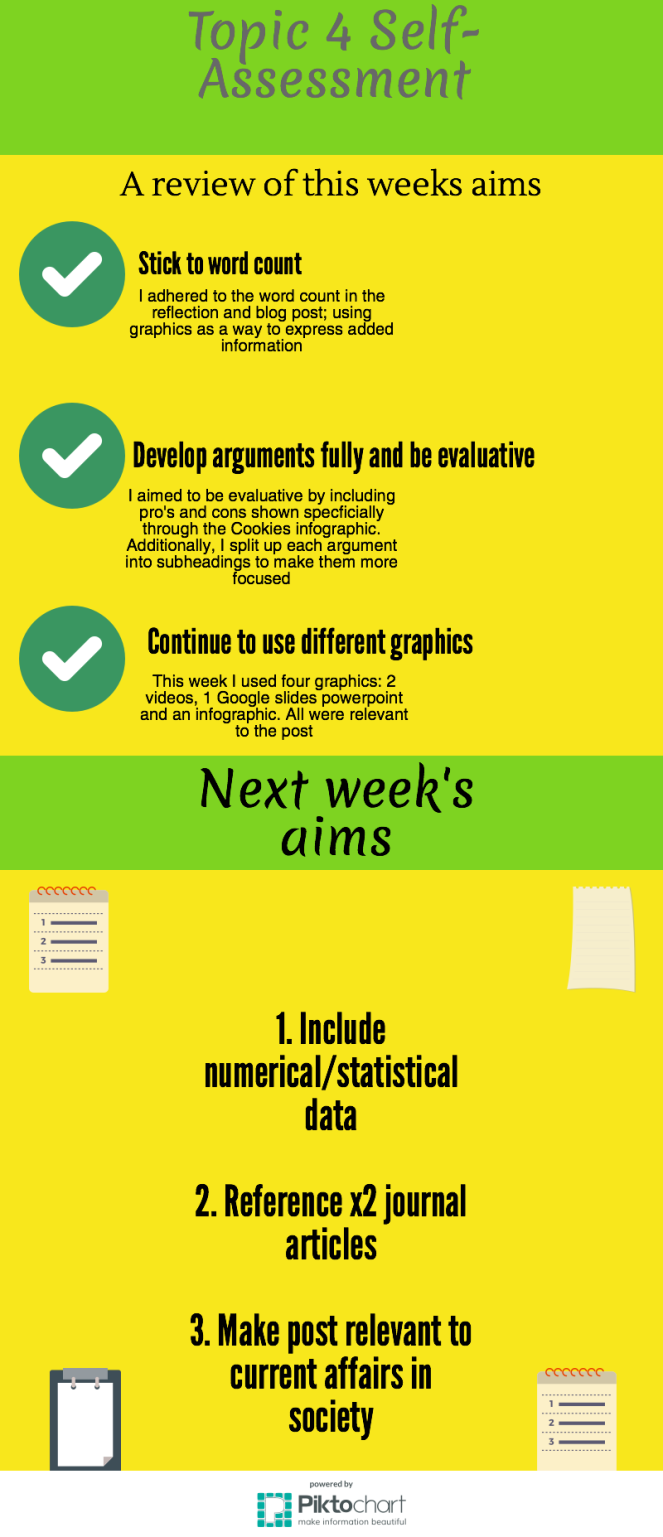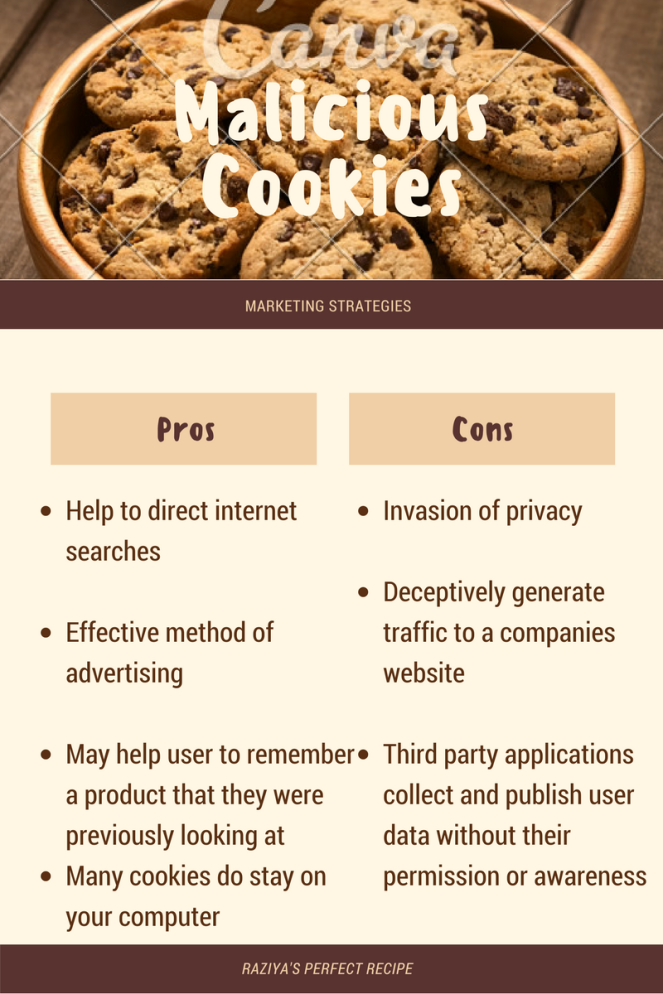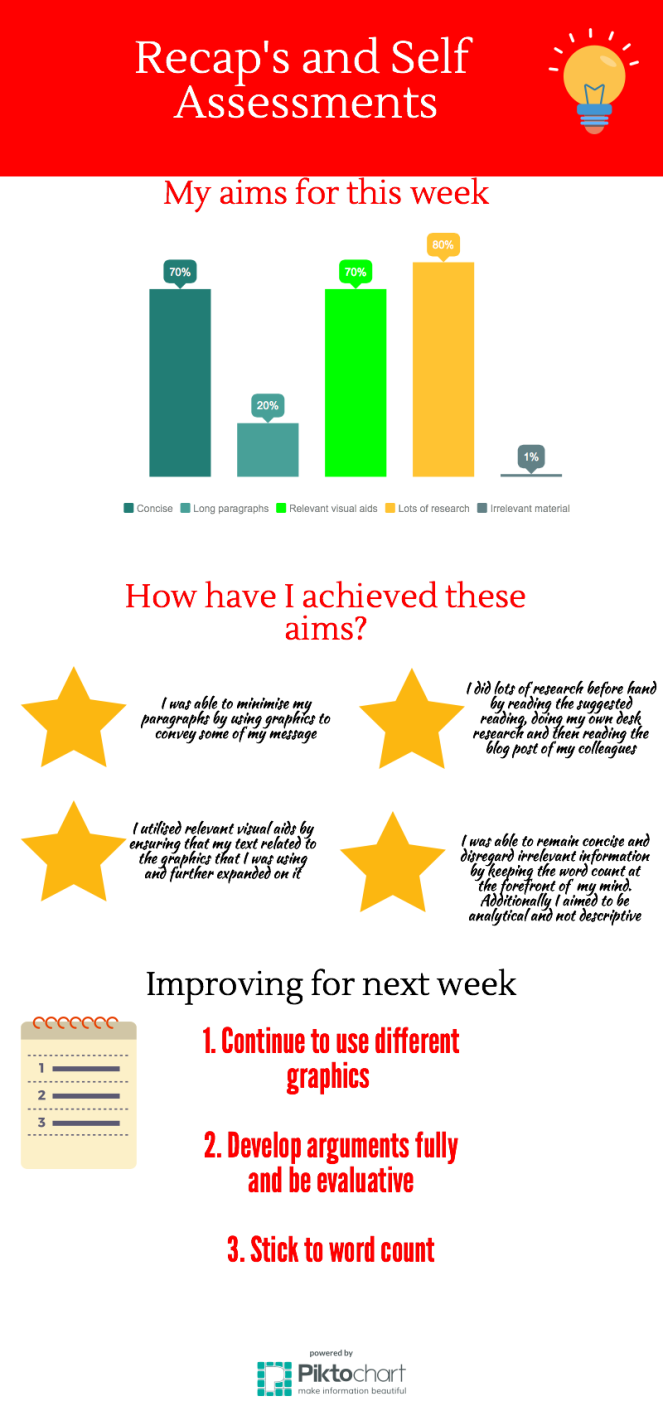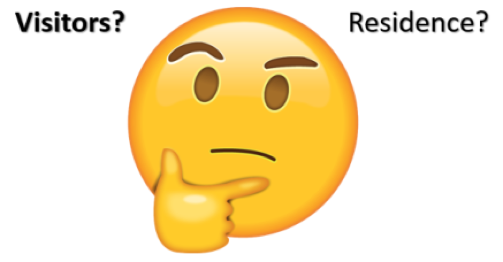
Final Post: Farewell UOSM2008
What have I learnt?
UOSM2008 has reconstructed my views entirely on the digital world. Beforehand I underestimated how important living and working on the web is to the knowledge economy and shaping our identities. However, through the weekly blog posts and interacting with the lecturers and my colleagues, I now have a greater understanding of many new concepts, which the below PowerPoint aims to encompass.
Continue reading →










